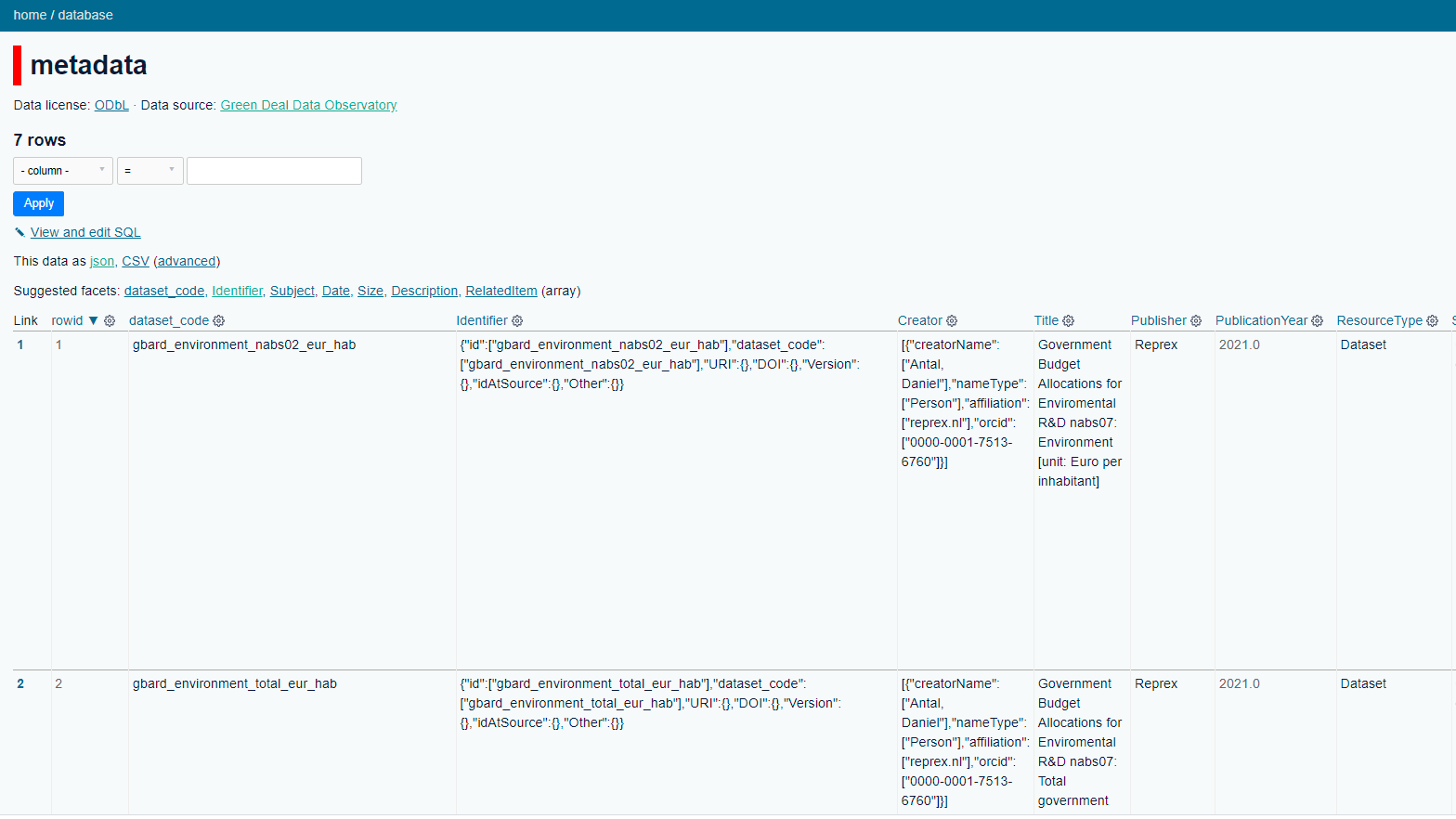We Need More Reliable Datasets on the Urban Heat Resilience and Disaster Risk Reduction
Introducing Our Service Development Team
 Suzan Sidal
Suzan SidalSuzan Sidal is working in the service design team on validating user needs and building a sustainable business model for our observatory.
As a consultant, what type of data do you usually use in your work at ECORYS?
We work with a great variety of data – both from qualitative and quantitative sources – that we retrieve from publicly available sources or get through our clients. Since we are a public policy consultancy, most of the datasets are related to government reports, policies, statistics or surveys that we analyse and assess within a specific timeframe. Oftentimes, we gather open data like non-textual or numeric, such as maps and satellite images; so-called “raw data,” like weather, geospatial and environmental data; or data such as that generated in research like genomes, medical data, mathematical and scientific formulas.
If you were able to pick, what would be the ultimate dataset, or datasets that you would like to see in the Green Deal Data Observatory?
I would like to see more data on the consequences and impact of increasing drought and urban heat in our cities in the Green Deal Data Observatory. Because of the complexity of rapidly developing metropolitan regions and the uncertainty associated with climate change, we need to explore more climate change adaptation and mitigation activities, or disaster risk reduction, not only climate change itself.
 on how we combine very different data in our observatory](/media/img/blogposts_2021/belgium_spei_2018.png)
We need more reliable datasets on the effect of global warming on urban resilience and more indicators to inform stakeholders on disaster risk reduction. The Green Deal Observatory could build indexes for public and private entities once we would have all the relevant data at hand. With this project, we could explore many possibilities to actually utilise open data for a common and societal good, working towards a great social cause.
Why did you decide to join the challenge and why do you think that this would be a game changer for policymakers and for business?
As a consultant for many socially relevant projects, everyday I see the importance of high quality and diverse datasets. I joined the challenge to contribute to significant causes enabled through the Green Deal Data Observatory and Economy Data Observatory. We can all benefit from the usage of open data, which is, in my opinion, a prerequisite for open government partnerships.
I believe that through our work and through open data collaborations, we show a good example for a cultural change in the relationship between citizens and the state, which can contribute to more transparency, more participation and more intensive cooperation.
The access and analysis of open data for the general public would make political action more transparent and more comprehensible. This can lead to greater accountability and a sense of duty on the part of public officials to the general public, which in turn can lead to greater acceptance of government action and strengthen the public’s trust in their government and administration.
Is there a number that recently surprised you? What was it?
Climate change is increasing people’s exposure to heat. Extreme temperature events have been documented to be rising in frequency, duration, and magnitude over the world. The number of persons exposed to heatwaves grew by roughly 125 million between 2000 and 2016.
](/media/img/blogposts_2021/photo-1618677064524-58aa3077d724.jpg)
From your experience, what do you think the greatest problem with open data in 2021 will be?
I see two great problems with the use of open data. The first one is the low level of exploitation. The other is the lack of transparency in data processing.
The use of open data should be transparent and meet high quality standards. If we want to enable communities to use it for solving local problems, we must do two things. First, data must be made easy to use (or actionable), and second, we have to increase public awareness and offer training for use. Furthermore, governments should release data in usable formats that follow open data guidelines. Currently, there is very little effort made at the community level to encourage the reuse of public data for the public good.
What can our automated data observatories do to make open data more credible in the European economic policy community and be more accepted as verified information?
Almost nothing is being done to help communities build the capability to analyze and implement open data without relying on technology.

This is a critical task that the our fledlging data Observatories, the Digital Music Observatory, Green Deal Data Observatory and Economy Data Observatory, may be able to help with. Facilitating private-public partnerships is one step to encourage the data community to work with valuable open data. However, transparency and a high level quality assurance step must be given. In a joint collaboration with data curators, developers, technical specialists and academics, the datasets should be retrieved, cleaned and assessed in order to deliver efficient, relevant and credible information. The constant monitoring and regulation as well as compliance with data security guidelines are indispensable.
, [developer](/authors/developer) or [business developer](/authors/team), or share your data in our public repository[Green Deal Data Observatory on Zenodo](https://zenodo.org/communities/greendeal_observatory/)](/media/img/observatory_screenshots/greendeal_and_zenodo.png)
Join us
Join our open collaboration Green Deal Data Observatory team as a data curator, developer or business developer. More interested in antitrust, innovation policy or economic impact analysis? Try our Economy Data Observatory team! Or your interest lies more in data governance, trustworthy AI and other digital market problems? Check out our Digital Music Observatory team!